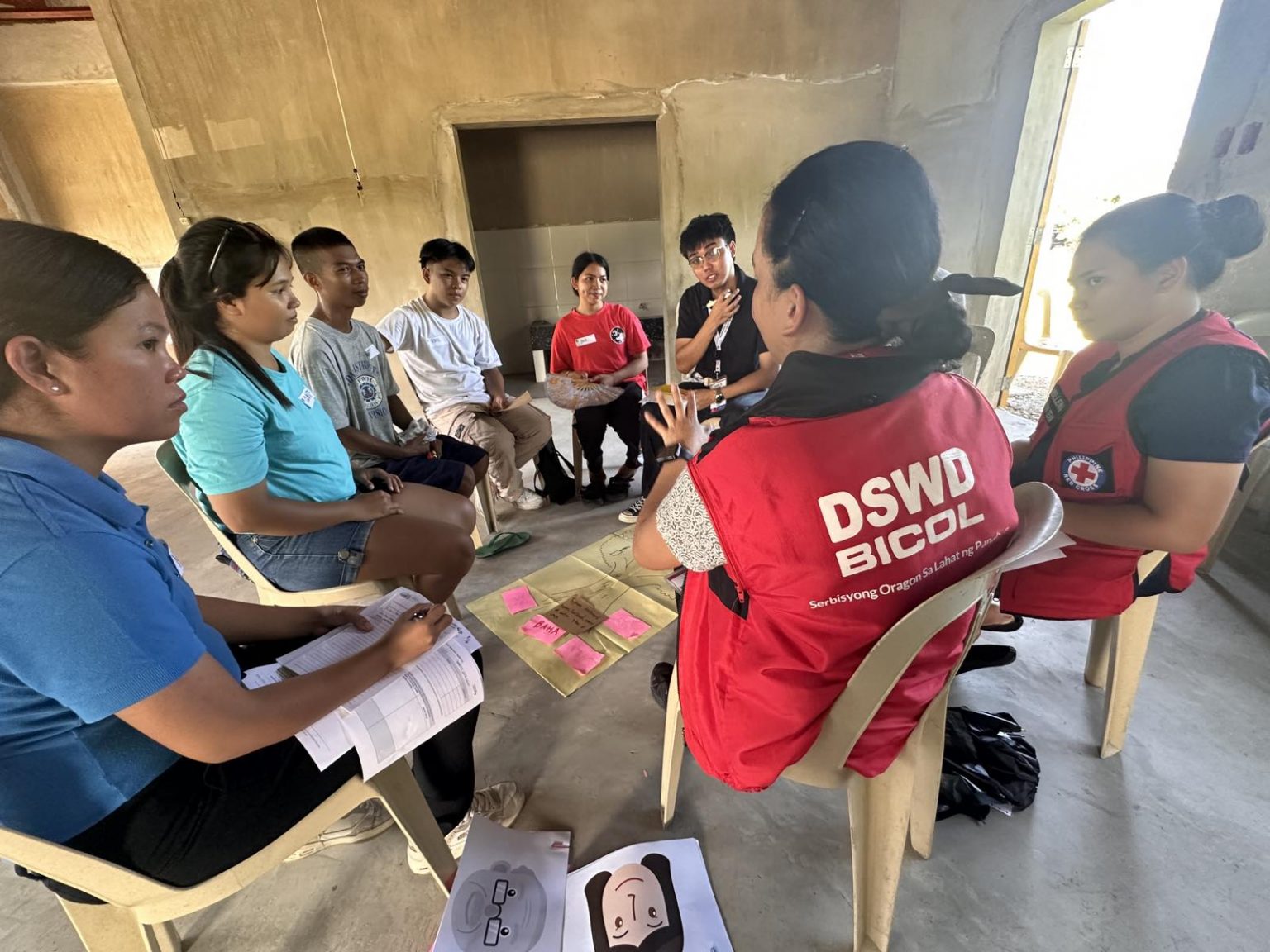
The Department of Social Welfare and Development Field Office 5 (DSWD FO 5) participated the rollout of the Resilience-Based Participatory Community Appraisal (ReBPCA) on May 17, 2024, at Barangay Baybay, Tiwi, Albay.
The ReBPCA is the first step of the structured conversation methodology being developed under the United Nations Office for the Coordination of Humanitarian Affairs (UN OCHA) Flagship initiative, where communities are listened to more attentively, and their ideas and challenges are further explored and enhanced. The output of the tool is a community profile seen through the community’s perspective and centered around individual self-reliance and recovery.
Representatives from diverse community sectors participated, including women, men, youth, the elderly, persons with disabilities, and the LGBTQI community.
The event was a collaborative effort involving a consortium of organizations committed to a people-centered approach to disaster management. Key partners included the Philippine Red Cross, IOM, Good Neighbors International Philippines, Simon of Cyrene, EDUCO, World Vision, the Municipal Government of Tiwi, Albay, and DSWD Field Office 5.
ReBPCA aims to enhance community resilience by informing partners about community potentials, mapping enabler capacities, facilitating dialogues between community asset holders and policymakers, setting specific indicators for asset strengthening, and conducting follow-up assessments.
Advocacy efforts by DSWD promote policies that support these initiatives, integrating ReBPCA principles into broader development and disaster risk reduction strategies.
Monitoring and evaluation systems established by DSWD track the progress of ReBPCA interventions, creating feedback loops for continuous improvement. Awareness campaigns and inclusion strategies of the agency ensure that all community members, especially marginalized groups, are engaged and informed.
By integrating ReBPCA into disaster risk reduction plans, DSWD helps communities enhance their preparedness and response capabilities.
Through these efforts, DSWD not only supports the immediate needs of communities but also fosters long-term resilience, making communities stronger and more capable of facing future disasters and calamities.###
